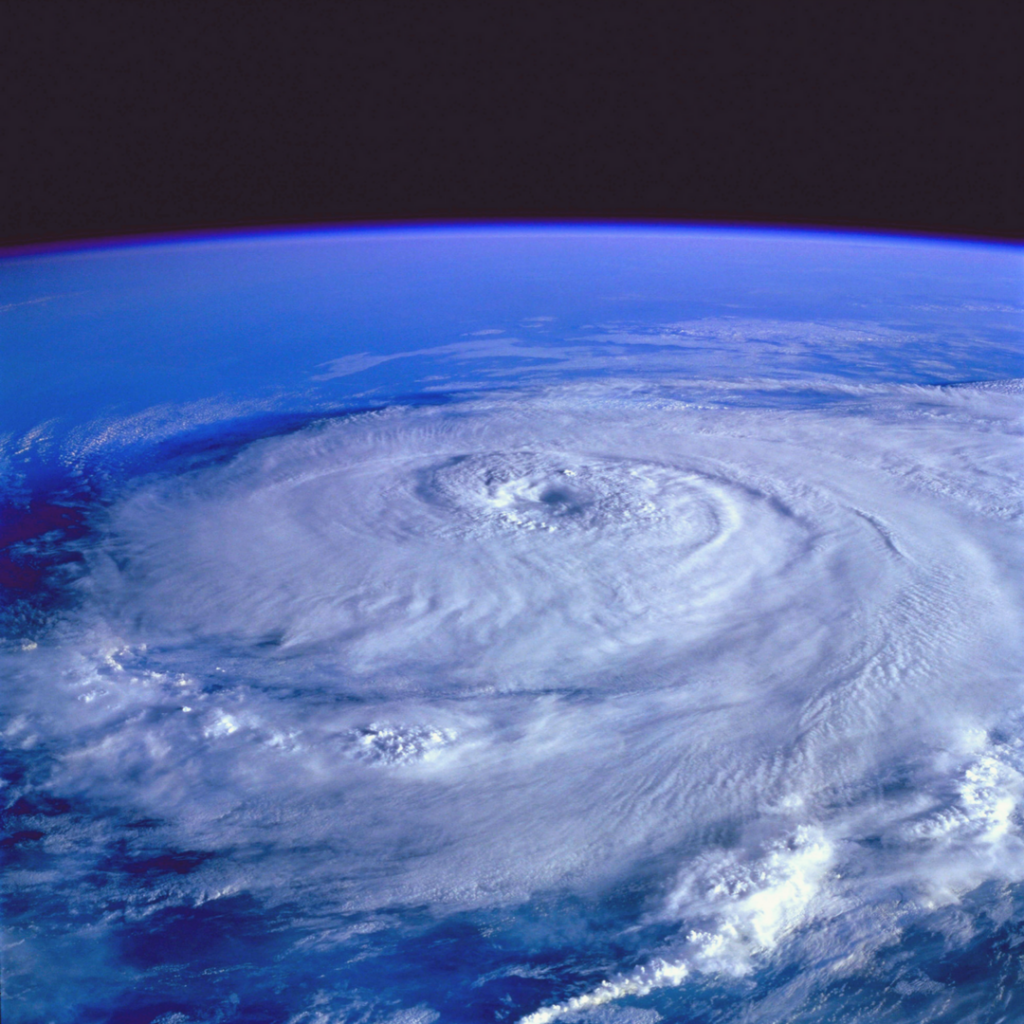It’s never too early to prepare for a hurricane. In advance of National Hurricane Preparedness Week, which begins on May 6, we wanted to share our resources that support hurricane preparedness and resilience. Explore the full emergency preparedness/disaster management collection here.
Emergency Alert and Warning Systems: Current Knowledge and Future Research Directions
Following a series of natural disasters, including Hurricane Katrina, that revealed shortcomings in the nation’s ability to effectively alert populations at risk, Congress passed the Warning, Alert, and Response Network (WARN) Act in 2006. Today, new technologies such as smart phones and …
Integrating Social and Behavioral Sciences Within the Weather Enterprise
Our ability to observe and forecast severe weather events has improved markedly over the past few decades. Forecasts of snow and ice storms, hurricanes and storm surge, extreme heat, and other severe weather events are made with greater accuracy, geographic specificity, and lead time to allow …
Disaster Resilience: A National Imperative
No person or place is immune from disasters or disaster-related losses. Infectious disease outbreaks, acts of terrorism, social unrest, or financial disasters in addition to natural hazards can all lead to large-scale consequences for the nation and its communities. Communities and the nation …
In the devastation that follows a major disaster, there is a need for multiple sectors to unite and devote new resources to support the rebuilding of infrastructure, the provision of health and social services, the restoration of care delivery systems, and other critical recovery needs. In some …
The academic biomedical research community is a hub of employment, economic productivity, and scientific progress. Academic research institutions are drivers of economic development in their local and state economies and, by extension, the national economy. Beyond the economic input that the …
Reducing Coastal Risk on the East and Gulf Coasts
Hurricane- and coastal-storm-related losses have increased substantially during the past century, largely due to increases in population and development in the most susceptible coastal areas. Climate change poses additional threats to coastal communities from sea level rise and possible …
Dam and Levee Safety and Community Resilience: A Vision for Future Practice
Although advances in engineering can reduce the risk of dam and levee failure, some failures will still occur. Such events cause impacts on social and physical infrastructure that extend far beyond the flood zone. Broadening dam and levee safety programs to consider community- and regional-level …







